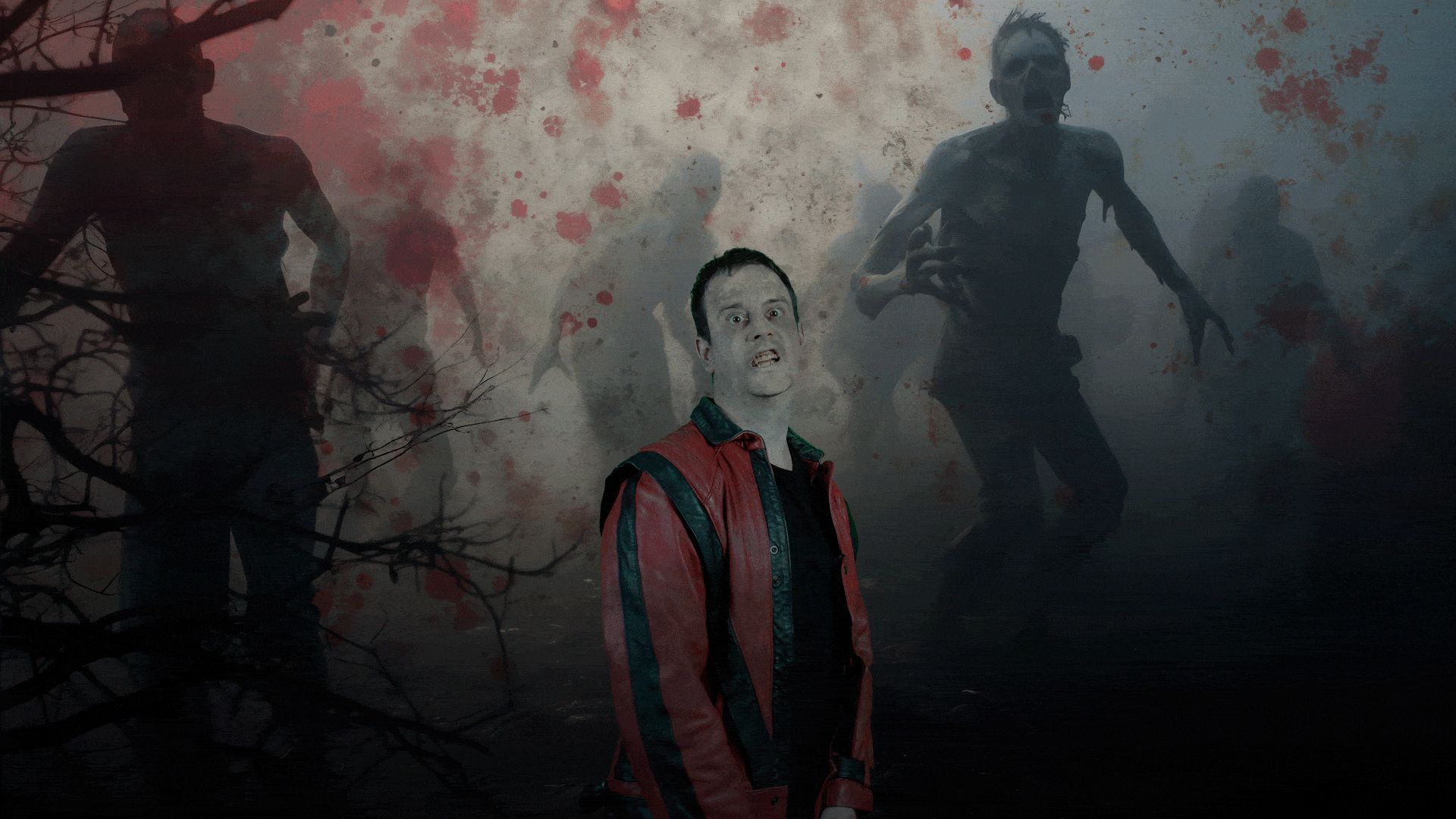For thousands of years we, as a society, have been fascinated with the idea of zombies and the dead living among us. The notion of zombies has existed throughout history, and has more recently been immortalised in the mediums of films and video games. It seems that anything macabre, tinged with a bit of flesh-eating, is just up the street of us ‘humans’.
This infatuation with zombies and the dead has also manifested itself on social networking websites, such as Facebook, with many applications and games allowing us to play as zombies, fight zombies and even ‘infect others’. Of course, to even more people these games are annoying, and you can easily block them – plus, we’re not talking about zombie applications when we talk about the dead stalking the pages of Facebook. NO, we’re actually talking about the dead; the real dead.
You see, Facebook has a policy that all of its members share one thing in common – they’re alive. The problem is of course, when someone dies, they don’t tend to get their social networking affairs in order and tell the likes of Facebook that they’re planning on passing on. This means that Facebook doesn’t know if someone is dead, or alive… but it does know if someone’s account hasn’t been updated for a while, or if they haven’t received many messages for a while. Sadly Facebook doesn’t see this as a sign to leave people alone, and instead shows the profiles of the dead as ‘people you haven’t connected with’ for a while, suggesting that you should message them, or write on their wall.
Facebook has tried to remedy this however, although they claim it is very difficult to do. As they tend not to know if someone is dead, they have looked at automatically catching phrases such as ‘RIP’ being written on people’s profile pages, but that, as Simon Thulburn found out, also can cause potential problems for the living. Simon’s account was shut down by Facebook because they thought he was dead, even though the obituary they found was for someone with a different name.
Simon explained what happened to the New York Times:
“When I first ‘died,’ I went looking around Facebook’s help pages, but alas, they don’t seem to have a ‘I’m not really dead, could I have my account back please?’ section, so I opted for filling in every form on their Web site.”
The other side to this is when pages are created specifically as memorials to people who have just died, such as the page that was created last week for the murderer Raoul Moat. His page saw comments of support from some, and comments of condemnation from others – leading to a bitter exchange of words, before the page was pulled down by the original creator.
So what should Facebook do? I for one have a deceased friend on Facebook, and don’t wish his profile page to disappear any time soon. Whenever I see it crop up I think of him, which is a good thing.
We may get to a point where the dead outnumber the living on Facebook, but then we’ve already reached a point where the adults outnumber the teenagers on what was originally a website created for students, by students. That’s the natural order of things.
It’s also worth looking at this from a purely SEO point of view, as many of Facebook’s decisions seem to be based around Google these days. Removing content, content that has existed on the website for many years, isn’t the best thing to do where SEO is concerned – so perhaps the profiles of the dead will remain forever, an eternal memorial to a person’s online existence.
- Win two hospitality tickets to watch Liverpool v Toulouse at Anfield - September 25, 2023
- Wanted: Web Developer - June 13, 2022
- Facebook adds ‘automatic invitations’ to invite page followers to your group - May 17, 2021



